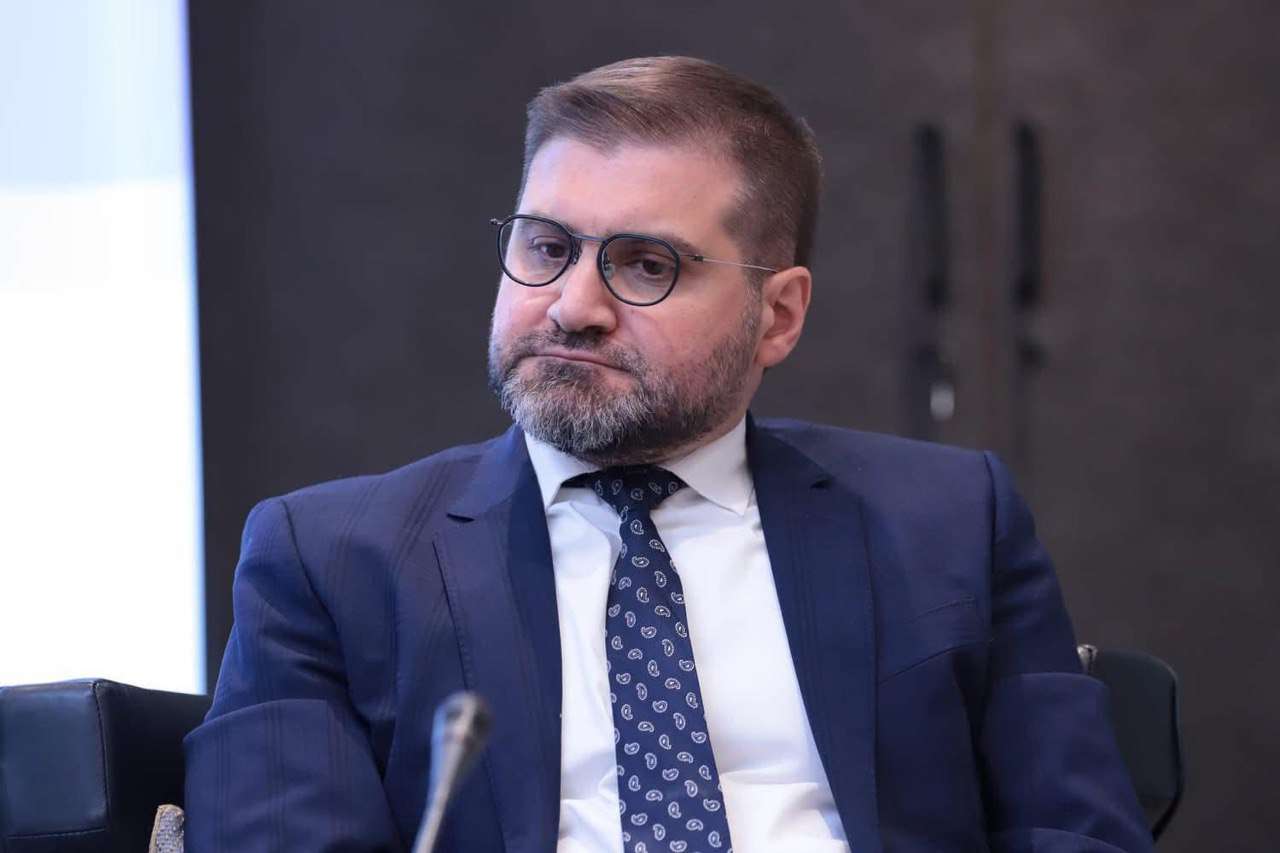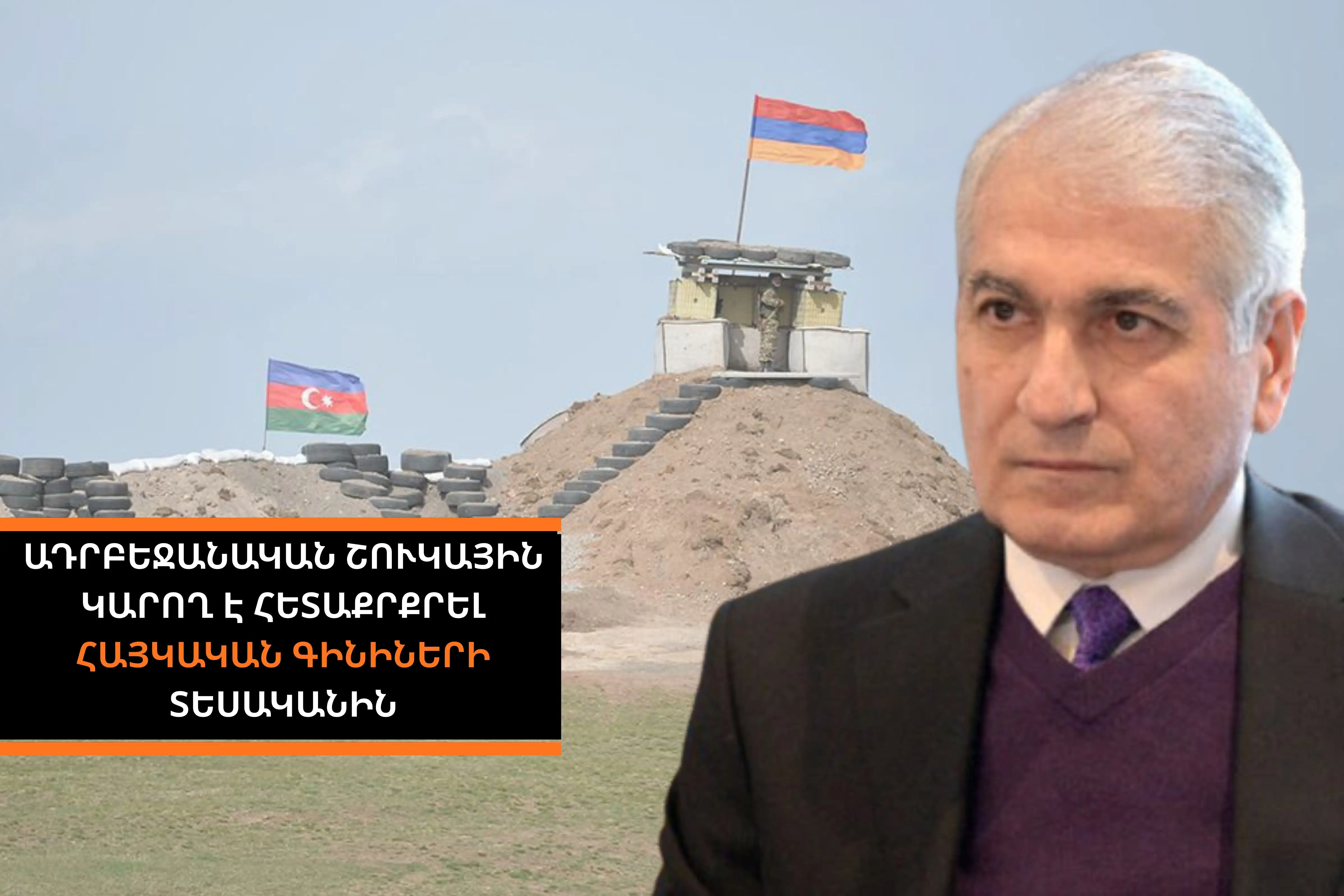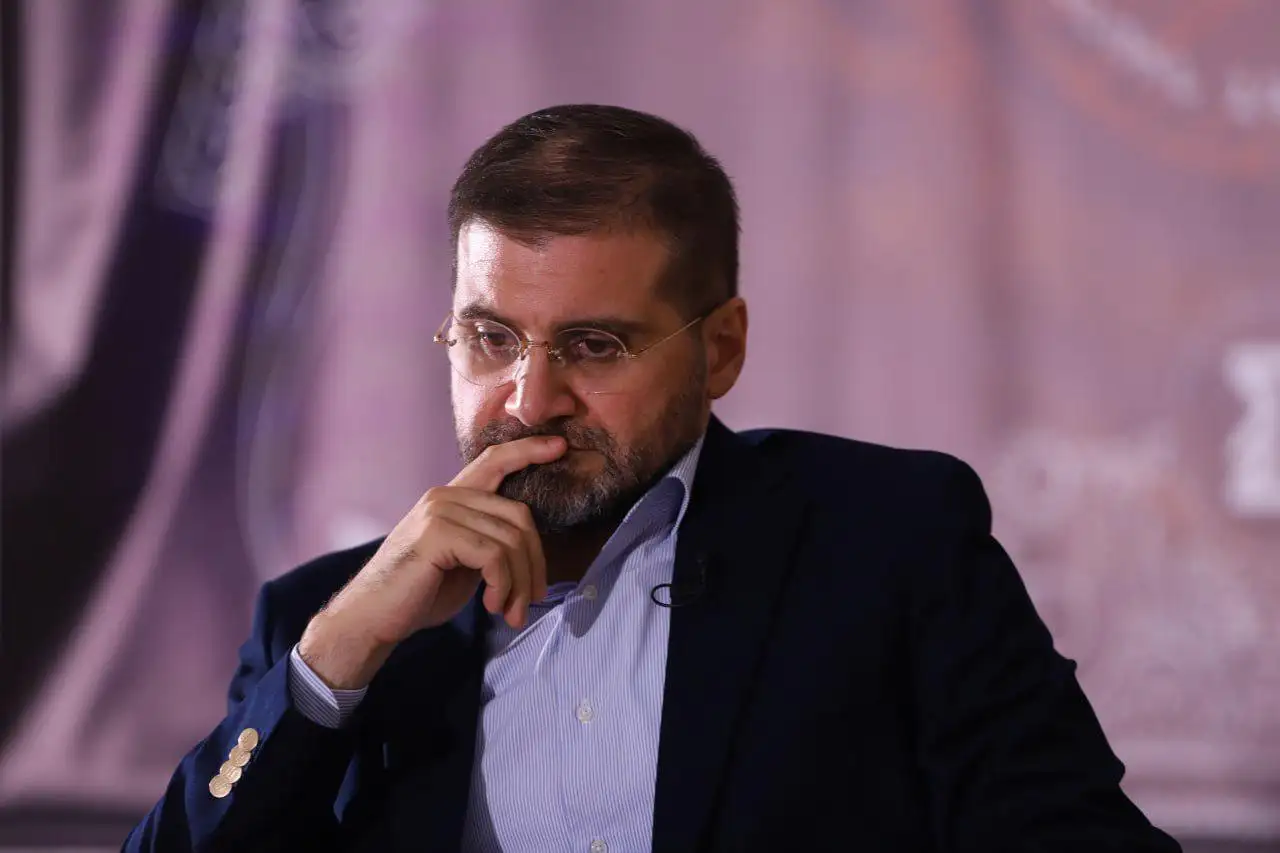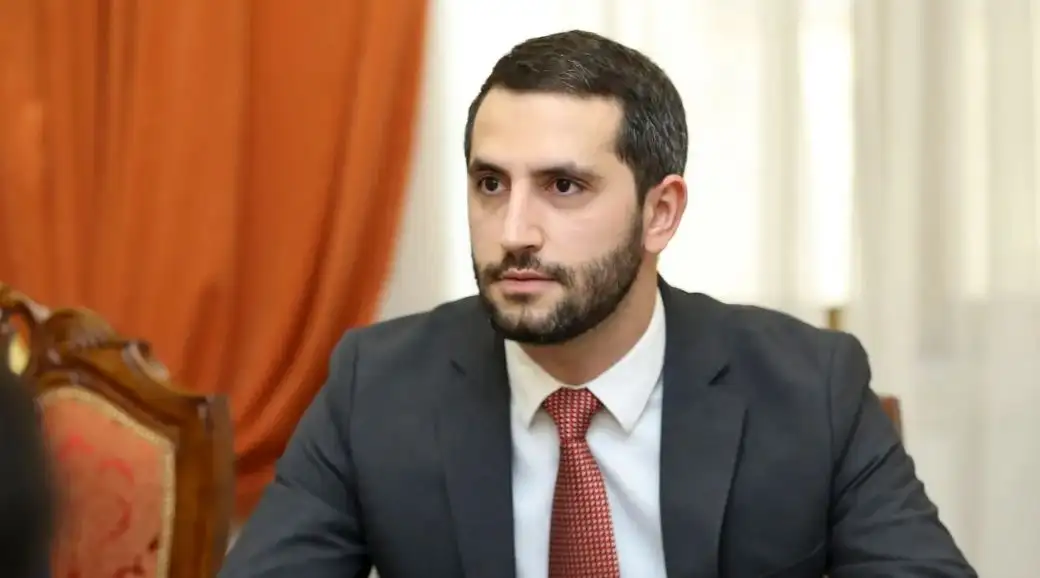Radar Armenia publishes an article by Arman Babajanyan, the chairman of the "For the Republic" party, entitled "Armenia should strive to build economic ties even without relations with Turkey and Azerbaijan," in which the author discusses the agenda of the complex, deep and historically burdened relations between Armenia and Azerbaijan and between Armenia and Turkey, emphasizing that, at the same time, these relations should not be held hostage to political contradictions. According to him, Armenia should be proactive, significantly increase the elements of economic cooperation in these relations, use the opportunities to expand the scope of collaboration, and also involve reliable international partners.
Economic pragmatism has been a way and a tool to mitigate several historical conflicts, to build trust between societies, and, in the future, to create a basis for political settlement.
The absence of diplomatic relations between Armenia and Azerbaijan, as well as between Armenia and Turkey, no matter how complex, deep, and historically burdened it is, cannot and should not become a basis for excluding economic cooperation. Moreover, at this geopolitical turning point, when stability in the region is increasingly vulnerable and volatile, and the centers of power in the world are being rearranged, it is in Armenia's interests to take a proactive, not a reactive, stance.
Building on international precedents, Armenia can establish an economic partnership without diplomatic relations, thereby serving both its financial, strategic, and security interests.
The example of China and Taiwan clearly shows that even states with existential contradictions can build deep economic ties. China has never recognized Taiwan's independence, but according to official data, trade between the two sides exceeded $300 billion in 2022. The private sector has facilitated this interaction, cross-border investments, and third countries, such as Hong Kong and Singapore. Economic interests have been prioritized over the reality of a diplomatic rift.
The example of relations between Russia and Georgia is closer to the Armenian reality. As a result of the 2008 Russo-Georgian war, the two states severed diplomatic ties, but economic ties never completely ceased. Georgia continues to receive gas from Russia, while Russian cargo is transited through Georgian territory to Armenia. According to official data, in 2023, Georgia-Russia trade turnover amounted to about $ 1.8 billion. Moreover, Georgia serves as an economic gateway for Russia and Armenia. Here, too, the diplomatic rupture has not eliminated the need for economic interdependence.
The history of India-Pakistan relations also emphasizes that trade continuity can be maintained even in conditions of military conflicts and political boycotts. Despite the periodic suspension of embassy work, bilateral trade in the 2010s exceeded $ 1 billion several times, mainly through third countries, predominantly Dubai. Cement, pharmaceuticals, agricultural products, and even information services have been exchanged. The dynamics of economic mutual benefit have continued, regardless of the unpleasant political atmosphere.
These and other precedents prove that economic cooperation is often independent of diplomatic settlement, and in some cases, precedes it. In the case of Armenia, when diplomatic platforms are usually closed or exhausted, the economic field can become a new negotiating path for open strategic communication. Armenia, given its geographical location, can become a regional connecting link, especially in the logic of transit infrastructure and energy systems. The transit or processing of Azerbaijani gas through Armenia's territory, the conversion and export of electricity to Turkey, following the example of already implemented formats used through Georgia, can become a possible future model.
This requires not political recognition, but the practical involvement of the private sector, intermediary states, and international organizations. It is possible to create coordinated customs, technical, and financial mechanisms that would operate under neutral or third-party control, ensuring trust and predictability for all parties.
Political and financial support from the United States and the European Union is crucial for the successful implementation of such models. The European Union, as a stakeholder in regional stability, can offer infrastructure investment packages, customs simplification programs, and the involvement of neutral operators. The United States, for its part, can encourage private investment, create an environment of trust, and encourage the participation of the Turkish and Azerbaijani sides without imposing diplomatic agreements. It is also possible to start small-scale, pilot trade projects using the territory of Georgia and Iran as third parties. Export of Armenian agricultural products through Georgia to Turkey or Arab countries, exchange of processed products, and provision of IT services through intermediary platforms can serve as a practical basis for testing such a model.
Economic coexistence does not replace political settlement, but can precede it, creating a basis for future agreements. In parallel, it is essential to emphasize new prospects for relations with Turkey. Although Turkey's foreign policy is strongly conditioned by solidarity with Azerbaijan, it is possible to develop a format with the support of the EU and the US, according to which Turkey, without establishing direct trade or diplomatic relations, can allow the transit of Armenian cargo through its territory to the EU, the Balkans, Greece, the Middle East and North Africa. This requires a skillful political approach, technical precision, and international trust.
Armenia should act not as a requester, but as an initiator, proposer, reliable partner, presenting its geographical location, professional potential, energy, and infrastructure resources as an asset. The establishment of economic relations without diplomatic ties is not only a political concession, but also a new manifestation of sovereignty: apolitical, interest-based, pragmatic, and future-oriented. This approach can become not only the beginning of a new political culture, but also a foundation for peace that is strong not with seals and statements, but with economically intertwined interests. Such an approach can also transform the worldview of societies in the long term and change the power dynamics of the region in favor of peace, cooperation, and trust.
Arman Babajanyan


















